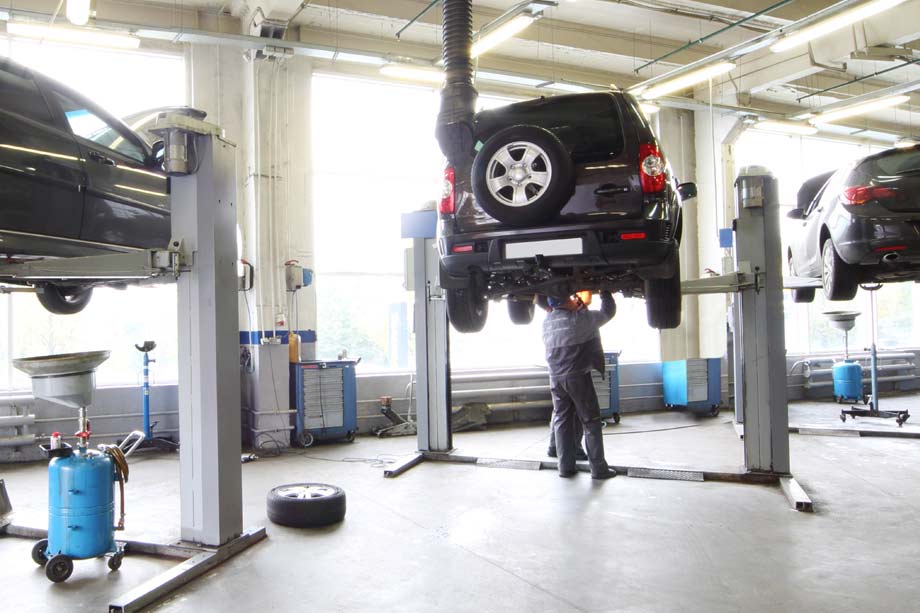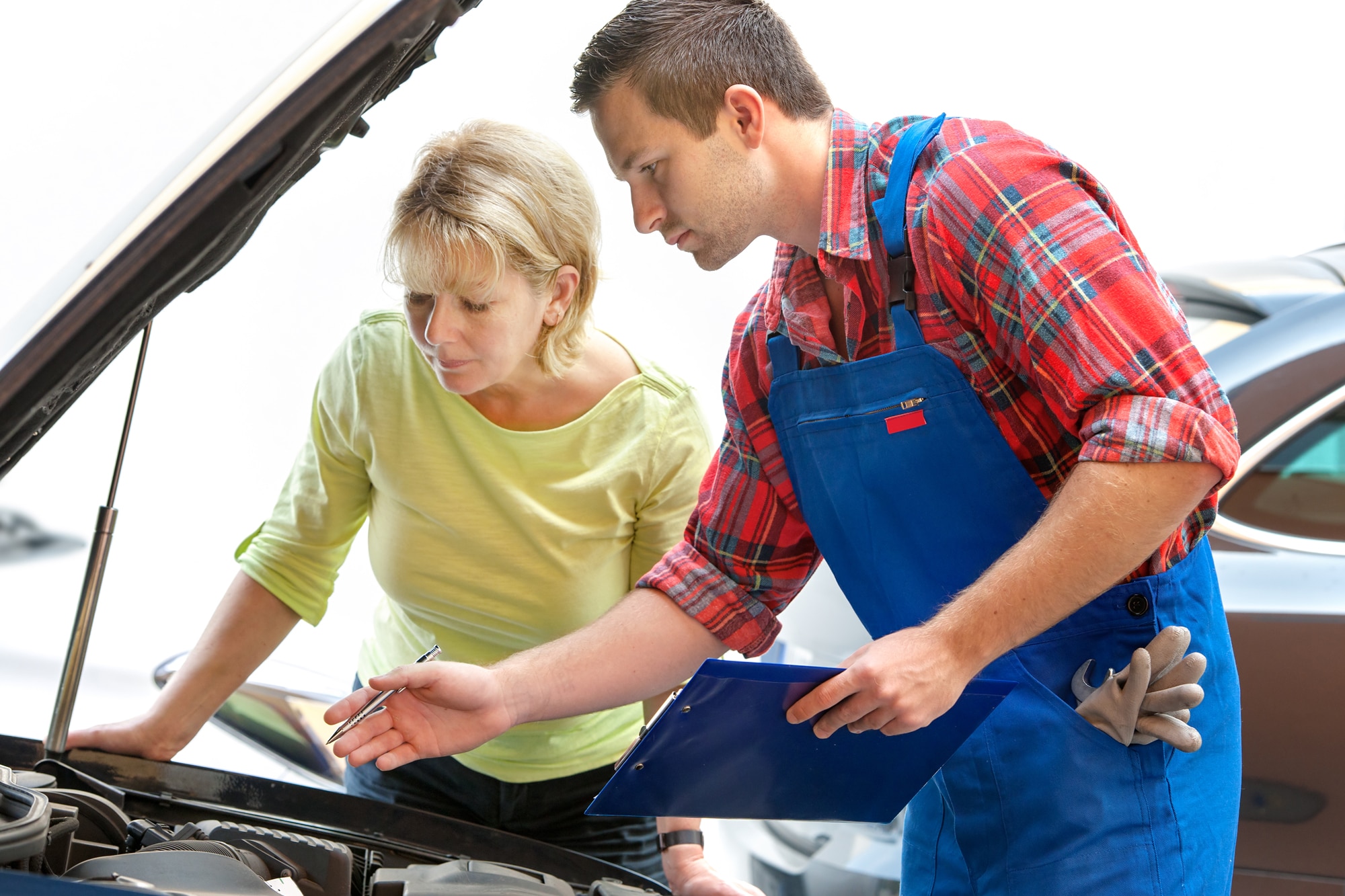All Categories
Featured
A car getting too hot can be a difficult scenario, particularly if it happens suddenly. High engine temperature levels can cause extreme damage if not resolved promptly. Knowing what to do when your cars and truck overheats and recognizing just how to stop it can conserve you from pricey repairs and guarantee your safety and security on the roadway.
![]()
What to Do If Your Car Overheats. Pull Over Safely. As quickly as you notice signs of overheating-- such as heavy steam increasing from the hood, a surging temperature level scale, or advising lights-- pull over to a secure area. Switch off the engine immediately to stop more damage.
Turn Off the a/c and Switch On the Heating unit. Transform off the air conditioning to decrease engine lots and button on the heating system if you're unable to draw over right away. This reroutes heat away from the engine and right into the cabin, which can assist reduce the engine temperature temporarily.
Open the Hood (with Care) Wait for the engine to cool before opening up the hood. Opening it ahead of time can expose you to hot vapor or warm liquids. Once it's safe, check the engine for noticeable indications of trouble, such as dripping coolant or a broken radiator hose.
Examine the Coolant Levels. If you have coolant or water in your car, include it to the tank or radiator as soon as the engine has cooled off. Stay clear of including cold water to a hot radiator, as it can cause splitting.
![]()
Require Assistance. Speak to a tow truck or roadside aid if you're not able to settle the issue or identify. Driving with an overheated engine can lead to substantial damages, such as a blown head gasket or warped engine components.
Just How to Prevent Your Vehicle from Getting too hot. Inspect Coolant Levels Routinely. Guarantee your car always has the proper quantity of coolant. Low coolant levels are among the most usual reasons for getting too hot. Routinely examine the coolant storage tank and top it off if required.
Inspect Radiator and Hoses. Look for cracks, leaks, or loosened links in the radiator and hose pipes. Change any kind of broken components immediately to stop coolant leakages.
Maintain Your Cooling System. Flush and replenish the air conditioning system as recommended in your automobile's owner handbook. Over time, old coolant can shed its efficiency and fail to safeguard the engine from overheating.
Monitor the Thermostat and Water Pump. A malfunctioning thermostat or water pump can interfere with the air conditioning system's feature. Have actually these elements checked during regular upkeep to capture problems early.
Stay Clear Of Straining Your Automobile. Excessive weight puts extra pressure on the engine and cooling system. Keep your tons within the maker's advised limitations.
Enjoy the Temperature Level Scale. Take note of your temperature gauge, especially during warm weather condition or when driving up steep slopes. Take precautions such as reducing speed or transforming off the Air conditioning. if the gauge starts to climb up.
Conclusion. Performing promptly and securely can stop additional damages to your engine. With appropriate care, you can maintain your engine running smoothly and prevent the inconvenience of an overheated lorry.

What to Do If Your Car Overheats. Pull Over Safely. As quickly as you notice signs of overheating-- such as heavy steam increasing from the hood, a surging temperature level scale, or advising lights-- pull over to a secure area. Switch off the engine immediately to stop more damage.
Turn Off the a/c and Switch On the Heating unit. Transform off the air conditioning to decrease engine lots and button on the heating system if you're unable to draw over right away. This reroutes heat away from the engine and right into the cabin, which can assist reduce the engine temperature temporarily.
Open the Hood (with Care) Wait for the engine to cool before opening up the hood. Opening it ahead of time can expose you to hot vapor or warm liquids. Once it's safe, check the engine for noticeable indications of trouble, such as dripping coolant or a broken radiator hose.
Examine the Coolant Levels. If you have coolant or water in your car, include it to the tank or radiator as soon as the engine has cooled off. Stay clear of including cold water to a hot radiator, as it can cause splitting.

Require Assistance. Speak to a tow truck or roadside aid if you're not able to settle the issue or identify. Driving with an overheated engine can lead to substantial damages, such as a blown head gasket or warped engine components.
Just How to Prevent Your Vehicle from Getting too hot. Inspect Coolant Levels Routinely. Guarantee your car always has the proper quantity of coolant. Low coolant levels are among the most usual reasons for getting too hot. Routinely examine the coolant storage tank and top it off if required.
Inspect Radiator and Hoses. Look for cracks, leaks, or loosened links in the radiator and hose pipes. Change any kind of broken components immediately to stop coolant leakages.
Maintain Your Cooling System. Flush and replenish the air conditioning system as recommended in your automobile's owner handbook. Over time, old coolant can shed its efficiency and fail to safeguard the engine from overheating.
Monitor the Thermostat and Water Pump. A malfunctioning thermostat or water pump can interfere with the air conditioning system's feature. Have actually these elements checked during regular upkeep to capture problems early.
Stay Clear Of Straining Your Automobile. Excessive weight puts extra pressure on the engine and cooling system. Keep your tons within the maker's advised limitations.
Enjoy the Temperature Level Scale. Take note of your temperature gauge, especially during warm weather condition or when driving up steep slopes. Take precautions such as reducing speed or transforming off the Air conditioning. if the gauge starts to climb up.
Conclusion. Performing promptly and securely can stop additional damages to your engine. With appropriate care, you can maintain your engine running smoothly and prevent the inconvenience of an overheated lorry.
Latest Posts
Unlock WyHy Federal Credit Union – Top Benefits for Your Financial Future
Published en
1 min read
Discover Premier Car Repair Services offered by Montclare Auto Repair – Drive with Confidence
Published en
1 min read
Uncover Montclare Auto Repair’s Most Popular Auto Repairs and Why Drivers Rely On Them
Published en
1 min read
More
Latest Posts
Unlock WyHy Federal Credit Union – Top Benefits for Your Financial Future
Published May 23, 25
1 min read
Discover Premier Car Repair Services offered by Montclare Auto Repair – Drive with Confidence
Published May 22, 25
1 min read
Uncover Montclare Auto Repair’s Most Popular Auto Repairs and Why Drivers Rely On Them
Published May 21, 25
1 min read